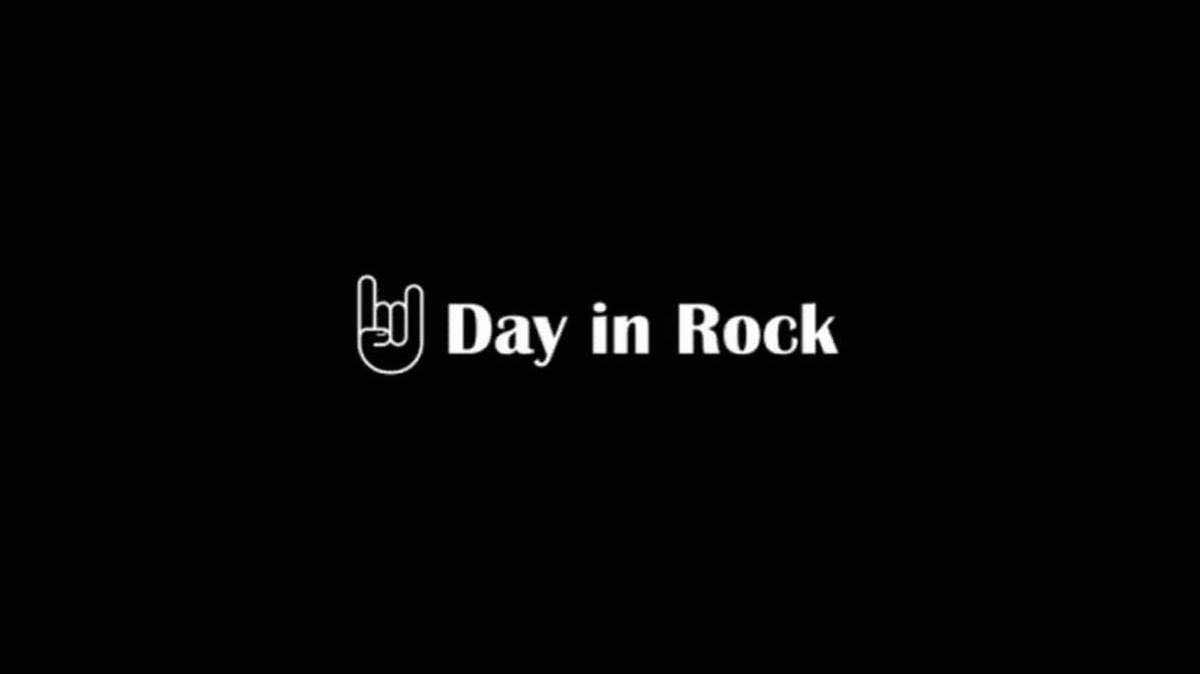
(hennemusic) The Rolling Stones tackle social unrest in the late 1960s on the latest episode of the mini-series Chronicles.
Set to the song partially inspired by the 1968 student upheaval in Paris and elsewhere, the fourth edition - entitled "Street Fighting Man" - focuses on the intense social unrest in the latter part of the '60s, centered around the struggle for racial equality, gay rights, the movement against the Vietnam War, student demonstrations and the Troubles of Northern Ireland.
Among the featured audio/visual clips are Martin Luther King Jr. and Muhammad Ali, the latter of whom states, "My people first deserve freedom, justice and equality."
Released in the summer of 1968 as the lead single from the "Beggars Banquet" album, "Street Fighting Man" was a top 10 hit in several European countries while barely cracking the Top 40 across North America.
Recorded in London and Los Angeles with producer Jimmy Miller, the album itself scored Top 10 status in several regions, including the US, where it went on to sell a million copies.
Watch episode 4 of "The Rolling Stones Chronicles" and stream the lyric video for "Street Fighting Man" here.
The Rolling Stones Deliver Deluxe 'Black And Blue' Album
The Rolling Stones Preview 'Fool To Cry' From Black And Blue Reissue
The Rolling Stones 'At The Max' Returning To IMAX Theaters
The Rolling Stones Preview 'Hot Stuff' From Black And Blue Reissue
Holiday Gift Guide: Last Minute Gift Ideas
Santa's Jukebox: It's a Wicked Cool Christmas!- The Jonas Brothers and more
Holiday Gift Guide: More Cool Gift Ideas
Holiday Gift Guide: Rock Reads Edition - Ozzy Osbourne, 90s Alt Rock and More
Holiday Gift Guide: Health and Wellbeing Edition
Peter Criss Recalls Last Conversation With Ace Frehley
Jane's Addiction End Feud and Say Farewell
Massive Rainbow - The Temple Of The King 1975 - 1976 Box Set Coming
Caliban Share 'Dear Suffering' (Feat. Andreas Bjulver) Live in Cologne 2025
Finger Eleven Launch New Social Media Miniseries For 'Last Night On Earth'
War On Women Announce Time Under Tension Tour
Fai Laci Releases Second Dan Auerbach-Produced Single
Maria Taylor Covers Counting Crows' 'Colorblind' With Dashboard Confessional